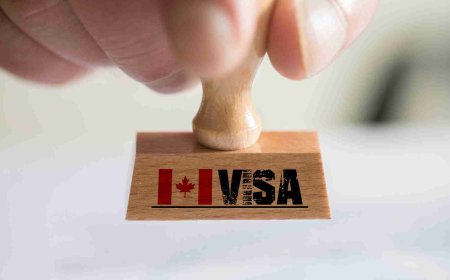Previously, the validity of a PGWP closely mirrored the length of the study program, with a maximum validity of three years. Now, this extension applies specifically to master's students, while students from other academic levels will see their PGWP duration still tied to their program length.
Students at designated learning institutions (DLIs) with programs lasting two years or more are also eligible for the three-year PGWP. Soon, IRCC plans to adjust regulations concerning spousal work permits for undergrad students, limiting spousal work permit eligibility to partners of master’s and doctoral students. This update does not affect spouses or conjugal partners of Canadian citizens or permanent residents.
PGWP Eligibility Requirements:
- Completion of an academic, vocational, or professional training program at an eligible DLI lasting at least eight months.
- The program must lead to a degree, diploma, or certificate.
- The applicant must have maintained full-time student status in Canada during each academic session of the program(s), except for final academic sessions (as stated in the PGWP application).
- Applicants must provide a transcript and an official completion letter from an eligible DLI as part of their PGWP application.
- Graduates from a public post-secondary institution, such as colleges, trade/technical schools, universities, or CEGEPs in Quebec, as well as certain qualified private institutions in Quebec, are eligible.
- The educational institution must be recognized as a DLI.
Starting September 2024, students from programs using a curriculum licensing model will be ineligible for PGWP, impacting private colleges delivering curricula licensed from associated public colleges.

 Like
0
Like
0
 Dislike
0
Dislike
0
 Love
0
Love
0
 Funny
0
Funny
0
 Angry
0
Angry
0
 Sad
0
Sad
0
 Wow
0
Wow
0







































































